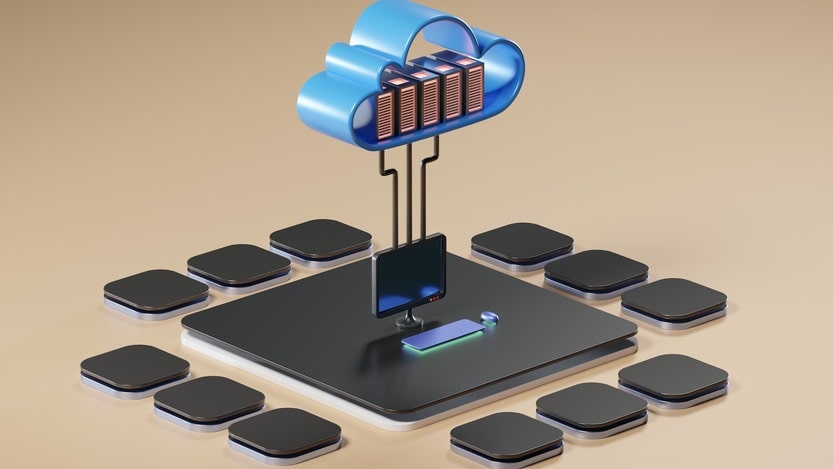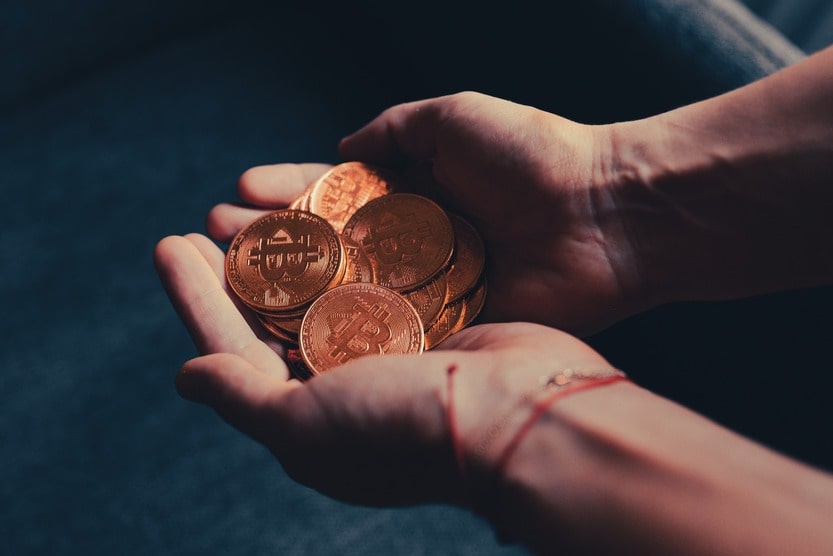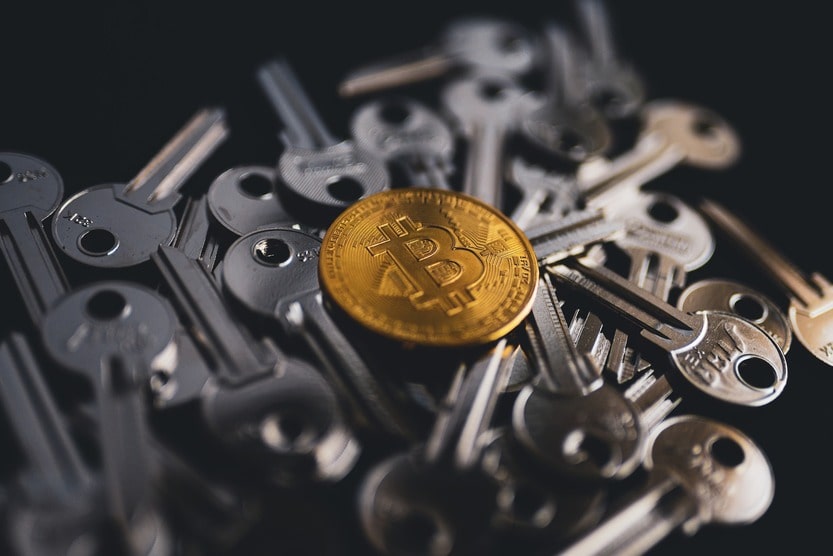By the summer of 2017, the scaling problem in the Bitcoin blockchain had escalated. People had to wait several days for transactions to be confirmed, with some users raising fees to process the payment as quickly as possible.
As a result, bitcoin has become unprofitable for everyday payments.
The developers foresaw this situation and prepared two solutions:
Unlimited – abolishing the 1 MB limit for BTCs:
- This plan found support among miners, as it promised an increase in profitability through more transactions and a gross increase in the volume of commissions;
- Developers took the opposite position because of the requirement for more sophisticated equipment for future mining, hence the displacement of small miners and centralization.
SegWit – to allocate some of the data to files and store it outside the blockchain. Then there would be room in the blockchain for transactions. Technically, such a solution would be temporary.
The final choice was a symbiosis of the two main options, known as SegWit2x. Part of the information would be stored outside the blockchain, and the block size was planned to be doubled.
The sudden emergence of Bitcoin Cash
About 95% of miners favored a phased implementation of SegWit2x – first to allocate information and slightly later to increase the block. The remainder of the crypto community opposed it, as partial SegWit2x did not make it easier to use Bitcoin for payments. Nevertheless, the already announced SegWit2x did not take place.
The Bitcoin Cash development team, led by founder Amory Sechet a former Facebook employee, announced:
- The rejection of the SegWit2x protocol;
- The release of Bitcoin Cash by way of a hard fork.
The blockchain structure of the new coin remains unchanged – all information is stored in a blockchain that has been 8x times increased.
BitCash was released on 01.08.17:
- The history of the original Bitcoin and its fork is shared, up to and including block 478558;
- Node number 478559 was issued in two formats – for BTC and BitCash;
- Since then, transactions have been conducted in two blockchains (On topic: The impact of blockchain technology on the modern payment system).
BTC and BitCash use the common blocks before the split and their own, which emerged after the breakup, to verify the system.
The new prefix Cash translates to Cash, appealing to users who believe Bitcoin should be a cash medium, easy to exchange, and with low fees.

Background
Bitcoin Cash ranks 4th on the list of cryptocurrencies in terms of capitalization:
- official website bitcoincash.org;
- source code on GitHub in bitcoincash.org branch;
- blockdozer.com and blocktrail.com information;
- Twitter, Facebook, Google+, and Telegram social threads.
Many announcements are made on bitcointalk.org, which lists significant pools, wallet support, links to forums, Reddit threads, etc.
A block is generated every 10 minutes on average. One hundred fifty new ones appear per day. The reward for a found node is 12.5 coins.
Features of the fork
For BCH, duplication protection is provided, including the possible separation of another fork from the Cash fork in the future. Bitcoin Cash’s replication protection technology is reinforced by a new transaction type with an additional signature of the input value, improving the security of hardware wallets and eliminating double hashing.
Today, Bitcoin Cash’s price movements on exchanges over the medium term correlate with BTC’s performance:
- The historical high was $4,090 per coin, and this was on 21.12.17.
- The 2018 low of $640-650 came in early April.
- Shortly before the structural update, the quote is 1600-1750.
The intraday dynamics of Bitcoin and Bitcoin Cash often dissociate, forming a spread. When BTC is up 3-5%, BCH is down. A few hours later, the exchange rates moved in the same direction. This feature is undoubtedly an idea for short-term traders.
Differences between Bitcoin Cash and Bitcoin
- Bitcoin Cash’s increased node to 8MB versus BTC’s 1MB.
- The fork network lacks periodic SegWit, an update to speed up transfer processing.
- The BCH network has no Replace-by-Fee – the ability to cancel a transaction before confirmation by assigning a higher fee.

Pros and cons of Bitcoin Cash cryptocurrency
The initiators of BCH have achieved their goals. Bitcoin Cash transaction speeds have increased, and fees are inexpensive.
- Around 1,000 dispatches per hour, which takes 3-4 seconds per transaction.
- The network’s fee is $0.075 or 1200 BCC satoshis.
- At most, 220-230 unconfirmed transfers accumulate at a time.
The fork is about five times cheaper than the original, but its daily turnover is about 65% of Bitcoin. BCH coins are used for settlement and speculation, while BTC deposits are investment grade.
The main disadvantage immediately after release was the automatic complexity adjustment tied to mining speed. If few blocks were mined in a certain period, Bitcoin Cash’s complexity would drop, and vice versa. Miners began to use this feature en masse, mining BCH when it was easier to calculate and switching to Bitcoin when the complexity increased. In effect, they manipulated the numbers and destabilized the network. The situation continued for several months, but by the end of 2017, the developers had eliminated the weakness.
This characteristic of Bitcoin Cash was also associated with the high volatility of the rate – having an initial announced rate of $555.89 per coin, a week later, BCH fell by more than half, and another two weeks later, it rose by four times from the minimum and finished the first month of life with quotes just below the starting ones.
Daily fluctuations amounted to 10-15%, sometimes reaching 20-25%, which is considered very high volatility even by cryptocurrency market standards.
After a peak in late 2017 and early 2018, there was a stabilization, with the rate fluctuating between 5-7% in 24 hours.
Mining fork
The difficulty of mining BCH is slightly easier than BTC, meaning it is less profitable. Therefore, cloud mining of Bitcoin Cash is unprofitable, and reputable OM companies need to offer it. However, enthusiasts are mining the coin in pools, counting on the growth rate – both with the new round of all cryptocurrencies and due to the BitCash network development.
Bitcoin Cash mining farms are frequently updated, with some closing down and others taking over the space vacated:
- Bitcoin Cash mining on CPUs and GPUs – processors and video cards – is the method with the lowest return. The most efficient card is the AsRock H110 Pro.
- Mine on Asics from industry leader Bitmain – Antminer S7, S9, and D3 series is much more profitable.
- For example, you can calculate the approximate profitability using a calculator.
You need to choose the algorithm, the coin, the type of equipment, and the electricity fee. The approximate profitability of mining Bitcoin Cash is $0.6 per day for 1 Terrahesh.
Pool statistics for April 2018
Pool statistics for April 2018The top 3 pools by status include:
- BTCcom is the oldest pool, running for the sixth year. It has a wallet (see How to choose the best wallet for cryptocurrency).
- AntPool is the most convenient, also for ASIC mining. Bitmain, a manufacturer of Asics, owns this pool.
- TOP from the PRC has thrived and, at first, was closed to private miners. Now anyone can register and work.
The mentioned pools have good user ratings and payouts. It is recommended to be cautious with young collections announcing lucrative terms, as the risk of falling for scammers is high.
Infrastructure for Bitcoin Cash
Support for BCH is extensive, including payment systems, exchangers, and wallet developers.
Cryptocurrency exchanges
The Coinmarketcap website lists 111 exchanges supporting Bitcoin Cash, with an all-time chart available here.
The leaders in terms of trading volume, that is, with the most liquidity:
- Huobi and OKEx by BCH/USDT;
- Upbit and Bithumb with BitCash vs. KRW;
- OKEx, HitBTC, Lbank, and Binance EXX on the BCH/BTC pair;
- Bitfinex in trading on BCH/USD.
Cash pairs on CoinEx and Tradesatoshi exchanges are the largest. Tradesatoshi is the only marketplace where you can buy PACcoin, Elit, or 1337.
Bitcoin Cash wallets
Full client or cold storage. The software is downloaded to your computer and synchronized with the blockchain. Installing such a wallet and subsequent operation requires the user to be a confident administrator-level computer user.
Prospects for Bitcoin Cash
Bitcoin Cash has a Bitcoin-like issuance of 21 million, but these coins will compute faster. In Q2 2018, 17,018,112 BTC accounted for 17,112,500 BCH.
Additionally, developers will integrate the ability to create unsophisticated smart contracts and colored coins into the Cash blockchain. The latter will become intermediary tokens for the circulation of traditional types of financial instruments – securities, metals, and commodities.
If the plans are realized, Bitcoin Cash will not only show growth but will also develop more independently from BTC. BCH coins may gain capitalization and finish 2018 in the 3rd or 2nd place in the ranking of all cryptocurrencies.
Interesting Facts about Bitcoin Cash
- The fork has two tickers, BCH and BCC, the second acronym duplicating the BitConnect ticker.
- The creators of the cryptocurrency Bitcoin Cash claimed to be an actual Bitcoin, choosing to argue that BTC would soon die.
- Craig Wright, posing as Satoshi Nakamoto, is an ardent BCH enthusiast and expects the coin to skyrocket.




